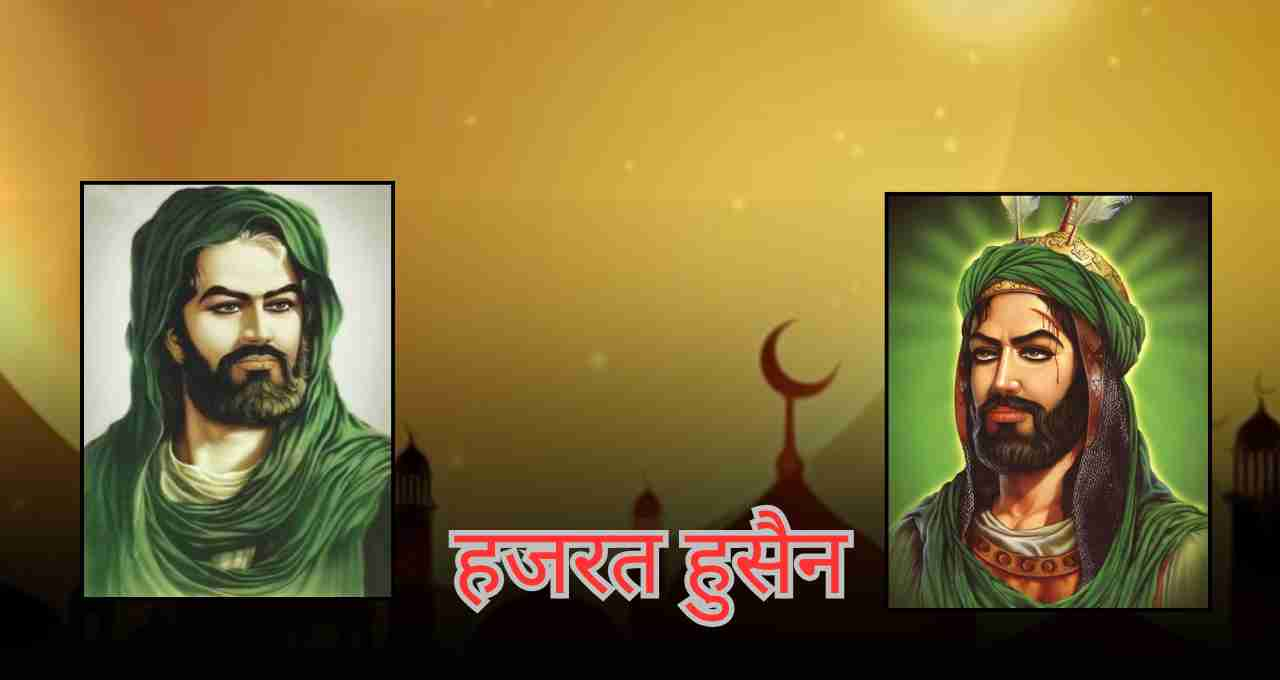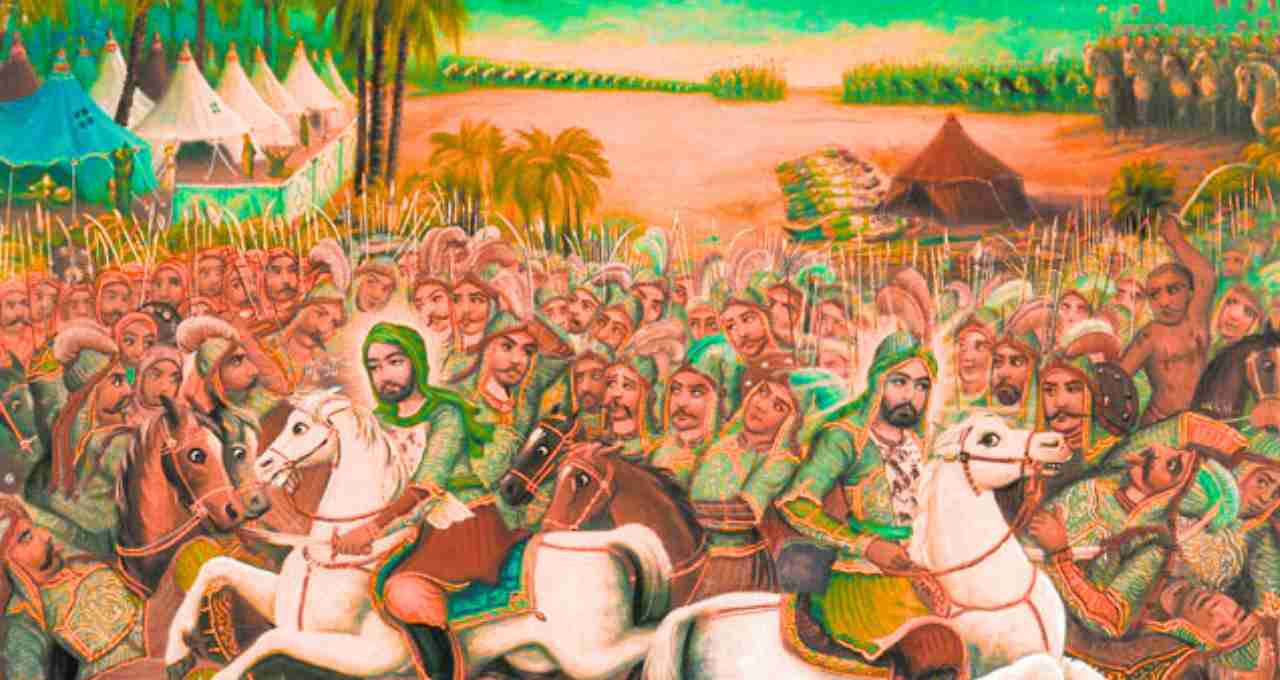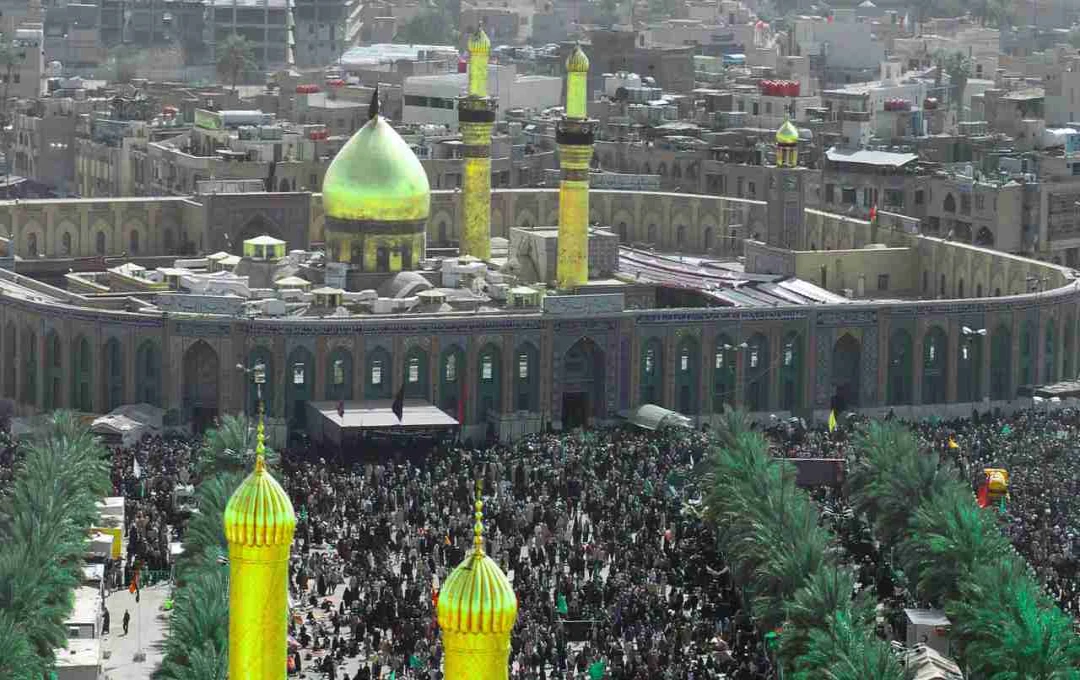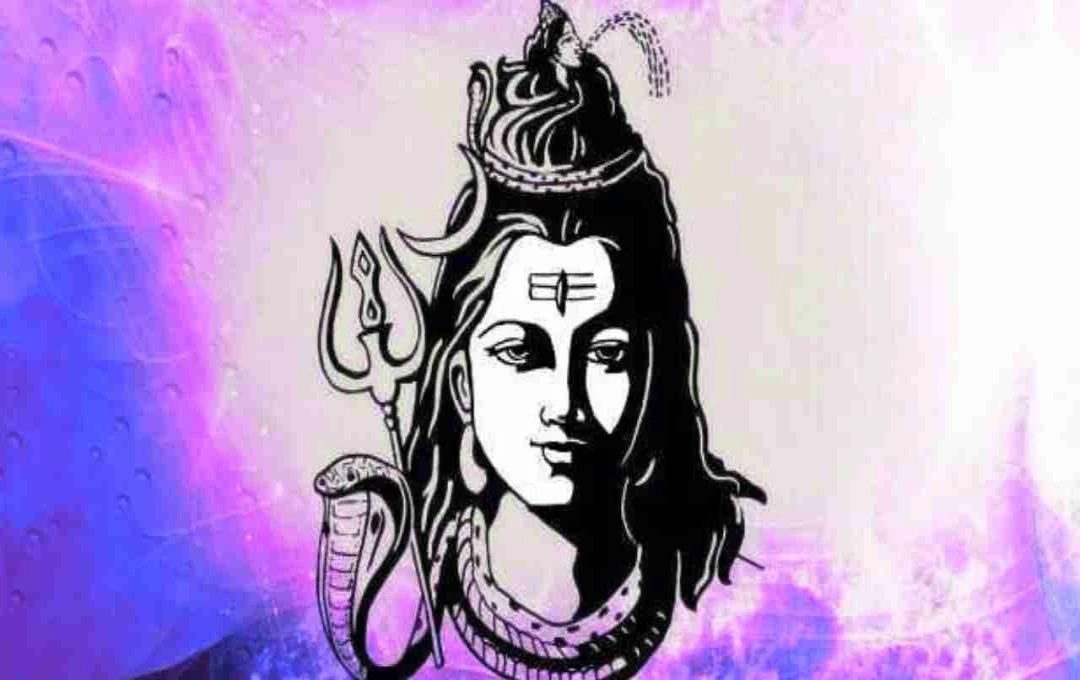The first month of the Islamic calendar is Muharram, which is considered a very sacred and respected month. The month of Muharram is counted among the four holy months of Allah. The 10th day of this month is called 'Youm-e-Ashura', which brings deep sorrow and the memory of martyrdom to Muslims.
Who was Hazrat Hussain?

Hazrat Hussain ibn Ali was the grandson of Prophet Muhammad. He was born in 620 AD. He is considered a symbol of honesty, justice, and sacrifice in Islamic history. He lived his life following the path laid out by his grandfather, Hazrat Muhammad. He had the image of a true and devout person in society.
How the Karbala conflict began
After the death of Prophet Muhammad, the Islamic Caliphate system began. After some time, when a ruler named Yazid came to power, he began to act arbitrarily. Yazid wanted all Islamic leaders and influential people to accept his allegiance, or obedience.
Hussain opposed this and refused to obey Yazid. He believed that Yazid's rule was against the teachings of Islam.
What happened after Hussain's refusal
When Hussain did not obey Yazid's order, Yazid sent a very large army to teach him a lesson. It is said that Yazid had an army of about 30,000 soldiers, while Hussain had only 72 people with him, including women and children.
The field of Karbala became a witness to martyrdom

Hussain, along with his family and companions, was going from Mecca to Kufa. But on the way, Yazid's army stopped them at a place called Karbala. There, not only were they surrounded, but even basic necessities like water were cut off.
The Battle of Karbala began on the 10th of Muharram. On one side was Yazid's vast army, and on the other, Hussain and his few loyal followers. In the struggle that lasted from morning to evening, all of Hussain's companions were martyred one by one. Finally, Hussain was also martyred in an injured and thirsty condition.
Why mourning is observed in remembrance of this day
On the 10th of Muharram, Muslims around the world mourn the martyrdom of Hussain. Especially Shia Muslims take out processions on this day, keep Taziye (replicas of the tombs), and mourn by beating their chests. It is a day when the sacrifice made for humanity, justice, and religion is remembered.
Other historical aspects of this day
According to Islamic traditions, many important events occurred on the day of Ashura. For example, it is believed that Prophet Moses and his followers were saved from Pharaoh on this day. Some beliefs also say that it was on this day that Noah's Ark reached the shore after the storm.
Different traditions are observed around the world
In countries like India, Iran, Iraq, Pakistan, Lebanon, and Bahrain, large-scale religious events are held on the day of Ashura. In some places, mourning with blood, immersion of Taziye, and the organization of Langar (community kitchen) are done.
This day, celebrated in the memory of Hussain, shakes hearts every year and bears witness to one of the greatest sacrifices in Islamic history.















